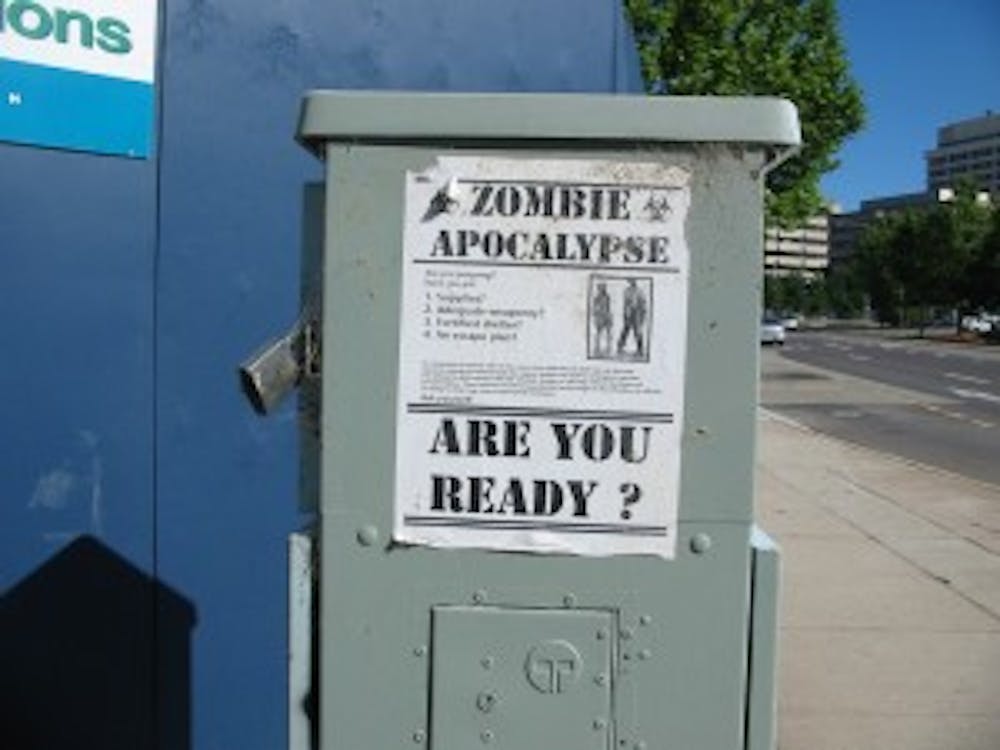After starting to write this column, I realized I should address this issue sooner or later. History at face-value is useless. Knowing the results of the Election of 1824 would not improve the quality of life I live right now unless it were to show up on a history test. Since elementary school, our education has been divided into four general subjects: English, math, science and history.
English is a good thing to know. It’s also a skill that is continuously reinforced every single day. We might not do all/any of the readings we need for a class, but we use English every day.
We might not be solving for the volumes of functions revolved around certain axes every day, but we do use math to figure out how many more overpriced sushi boxes we can afford from CharMar for the rest of the semester.
Science tells me that if I walk on an ice patch outside, I will slip and embarrass myself because ice has a small friction coefficient.
What does studying history even do for me? Sure, I can list the czars of Russia and look really pretentious, but that’s not useful. So why even write a column dedicated to history?
Knowing what happened in the past sometimes helps inform us on what we should do now. Of course there is the argument that we study history to make sure the bad stuff isn’t repeated, but there’s more to that.
All of our norms, practices and institutions do not simply exist. They were molded by the decisions and thoughts of those before us. We can see clearly how the recent past affects us today, like how the 2003 War in Iraq set up an environment for today’s Daesh, also known as ISIS (not the Integrated Student Information System).
We could also look further in the past to point out how the division of the Ottoman Empire post-World War I led to inherently unstable states at risk for extremism. I have even heard arguments of how the Mongol invasions of Baghdad in the 13th Century set the stage for the modern Middle East. The point is, everything today has a history and the better informed we are of that history, the better our decisions will be today. Sure a lot of it seems irrelevant, but there are some things from the past that show up in unexpected ways.
The skills needed to study history are relevant to the ways we live our lives every day. Studying history is not the brute force memorization of facts, dates and events. The ability to process and contextualize information, pinpoint biases and determine influences are skills you need to be a good historian. These are also skills you use in your life. How else do you decide whom to vote for, which causes to support and what to believe in?
None of the aforementioned skills will be useful in a zombie apocalypse. But neither will math or English. Science may be, but that is beside the point. Barring situations with zombies, all of these skills are useful for daily life. So that means studying history isn’t useless. That means I should probably work on my history essay now. But that doesn’t mean I shouldn’t want to learn kung fu.






